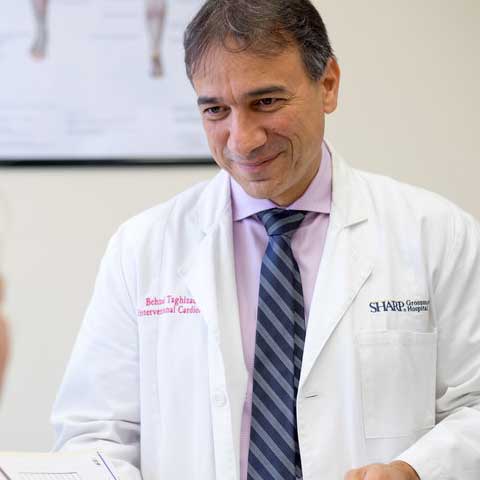Any irregularity in your heart rate can put you at risk for additional health issues. At Cardiology Associates Medical Group and the San Diego Varicose Vein Treatment Center, with offices in La Mesa and San Diego, California, Behzad Taghizadeh, MD, FACC, offers comprehensive evaluations for symptoms of a slow heart rate, including fainting and shortness of breath. Dr. Taghizadeh customizes a plan using the latest treatments, including pacemakers to protect your heart health. To find out more about your options for treating a slow heart rate, call Cardiology Associates Medical Group and the San Diego Varicose Vein Treatment Center nearest you or request an appointment online today.
Slow Heart Rate Q & A
Schedule a Free Vein Treatment Consultation*
Place a call or book a free consultation today. Let one of our expert physicians show you why San Diego Varicose Vein Treatment Center is the leader in varicose vein treatment.
*Contact us for free consultation details
*Contact us for free consultation details
ASK A QUESTION!


